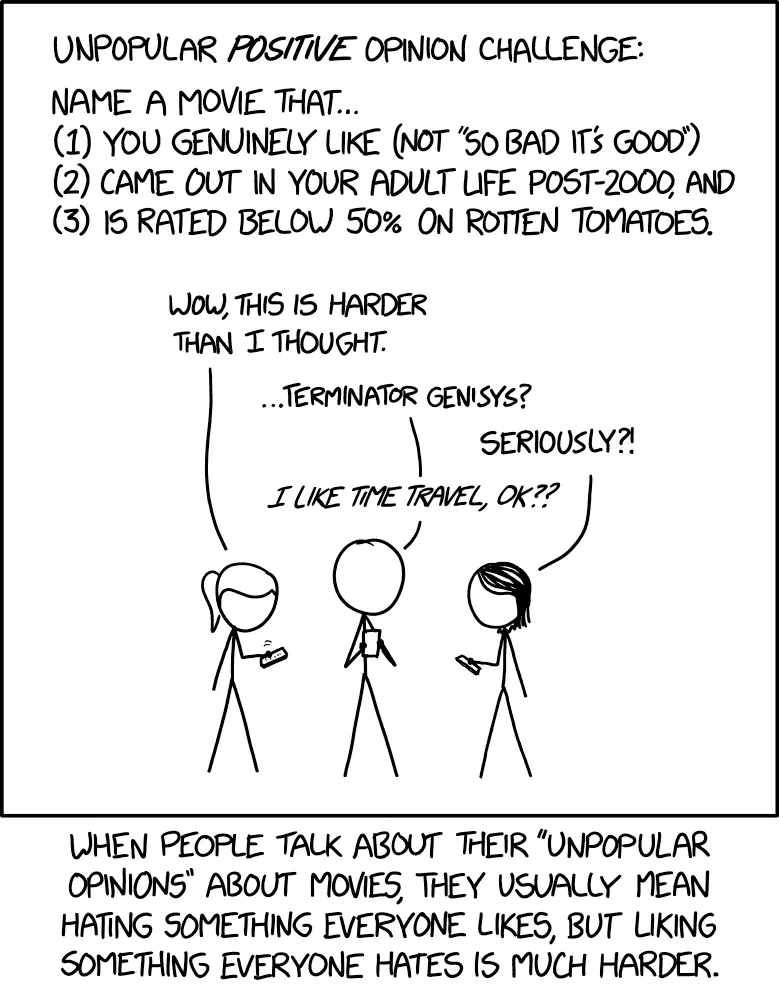

When considering a full deck you don’t really need to estimate the number of dealt hands, because any estimate that is anywhere close to realistic is completely negligible compared to 52!
We’re talking: If every person that ever lived became 100 years old and shuffled one deck of cards every minute of their life, the number of shuffled decks in history is still in practice indistinguishable from zero when compared to 52!







Seriously: What kind of good options exist for migrating a couple GitHub repos (including CI pipelines that work across repos to deploy to azure) cleanly and quickly (i.e. including PR’s, issues, etc.) to a different provider?